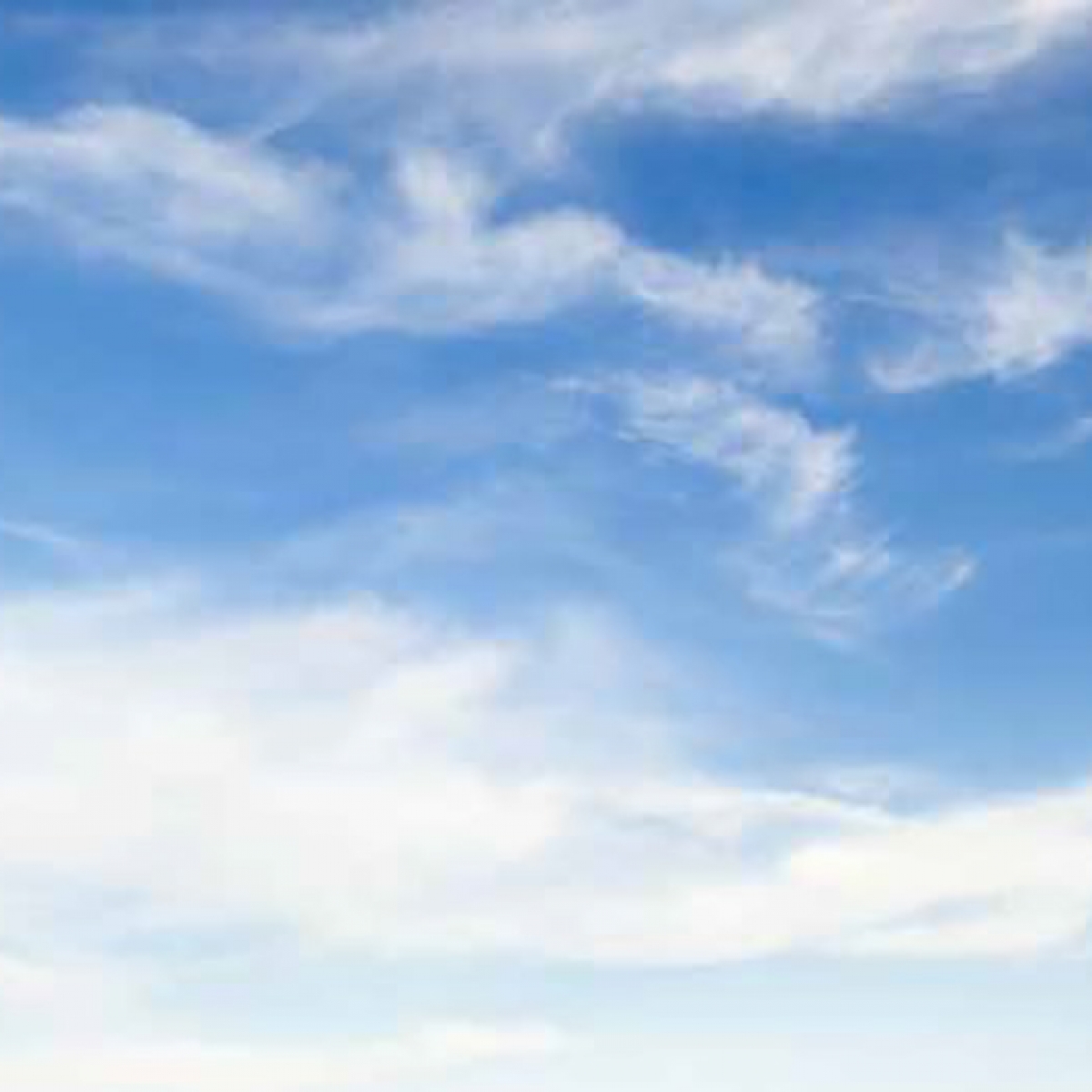The Seven Cooperative Principles
1. Voluntary and Open Membership
Cooperatives are voluntary organizations, open to all persons able to use their services and willing to accept the responsibilities of membership, without gender, social, racial, political or religious discrimination
2. Democratic Member Control
Cooperatives are democratic organizations controlled by their members, who actively participate in setting their policies and making decisions. Men and women serving as elected representatives are accountable to the membership. In primary cooperatives, members have equal voting rights — one member, one vote — and cooperatives at other levels are organized in a democratic manner.
3. Members’ Economic Participation
Members contribute equally to, and democratically control, the capital of their cooperative. At least part of that capital is usually the common property of the cooperative. They usually receive limited compensation, if any, on capital subscribed as a condition of membership. Members allocate surpluses for any or all of the following purposes: developing the cooperative, possibly by setting up reserves, part of which at least would be indivisible; benefiting members in proportion to their transactions with the cooperative; and supporting other activities approved by the membership.
4. Autonomy and Independence
Cooperatives are autonomous, self-help organizations controlled by their members. If they enter into agreement with other organizations, including governments, or raise capital from external sources, they do so on terms that ensure democratic control by their members and maintain their cooperative autonomy.
5. Education, Training and Information
Cooperatives provide education and training for their Members, elected representatives, managers, and employees so they can contribute effectively to the development of their cooperatives. They inform the general public — particularly young people and opinion leaders — about the nature and benefits of cooperation.
6. Cooperation Among Cooperatives
Cooperatives serve their members most effectively and strengthen the cooperative movement by working together through local, national, regional, and international structures.
7. Concern for Community
While focusing on member needs, cooperatives work for the sustainable development of their communities through policies accepted by their members.

